"We will make immigration possible for talented workers we need in Germany to enable our economy to grow," German Chancellor Olaf Scholz stated recently.
On Sunday, Mr. Scholz visited Uzbekistan, where he signed a bilateral migration agreement aimed at attracting skilled Uzbek workers, especially health professionals, to Germany and facilitating the repatriation of Uzbeks in Germany without valid residence permits. As Magyar Nemzet reported earlier, the German Chancellor signed a similar agreement with Kenya last week, through which Germany expects the arrival of around 250,000 immigrants to help ease a severe labor shortage.

The Germans hoped to solve the problems of an aging society and a shortage of skilled workers through immigration. This looked good on paper, with studies from the 2010s suggesting that those allowed in should be given a clear path: they would learn the language, train for niche professions, and become useful members of German society in return for security, a decent salary, and German citizenship,
– Zoltan Kiszelly, Director of Analysis at the Szazadveg think tank, told our newspaper.
But the idea didn’t work.
Germany was unable to provide enough incentives to support the plan. Those who came have little motivation to work, as they immediately receive housing and social assistance from the German state. Of the roughly two and a half million people who have arrived, only around sixty percent are employed, and most are in low value-added jobs.
So the basic situation is that mass migration has not worked out, and what we are seeing now is Germans slowly recoiling and gravitating toward Anglo-Saxon-style managed migration,"
– the expert pointed out. Mr. Kiszelly emphasized that, in the meantime, Europe has been destroyed. The Australian and Canadian models, he noted, reward higher skills: the more knowledge or qualifications an applicant has, the more points they receive, increasing their chances of being accepted.
Currently, 300,000 so-called 'baby boomers' retire each year in Germany, and there is no one to replace them in critical shortage areas. Berlin is seeking a solution by turning to countries like Kenya and Uzbekistan, where there’s still a large enough wage gap. In Kenya, for instance, nurses and healthcare staff are being trained, with language courses provided to facilitate their move to Germany,
– the expert explained.
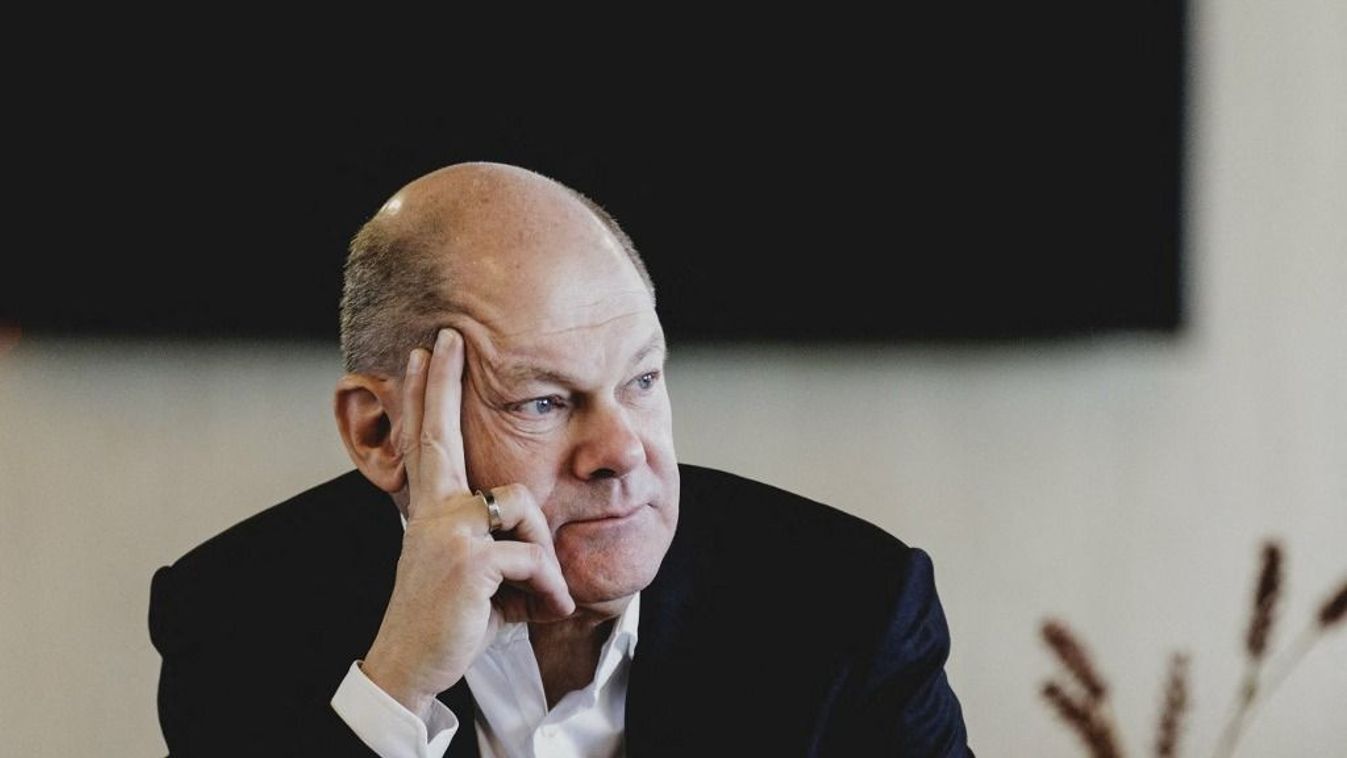
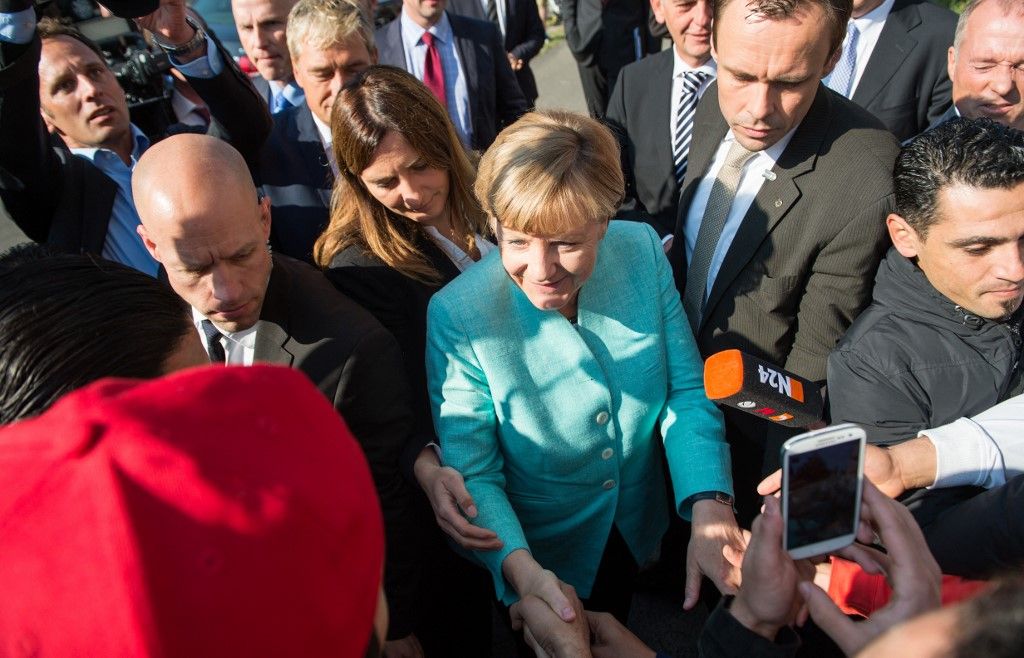





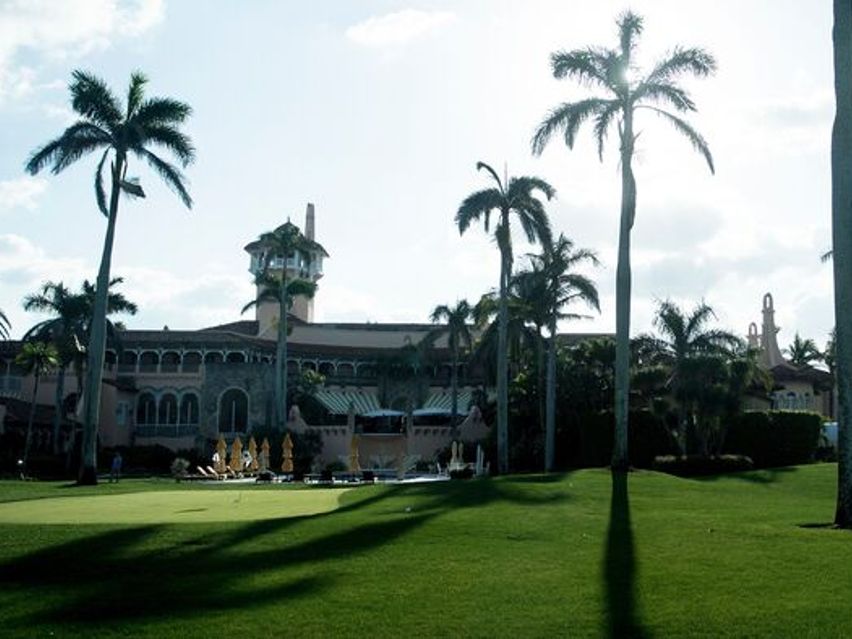
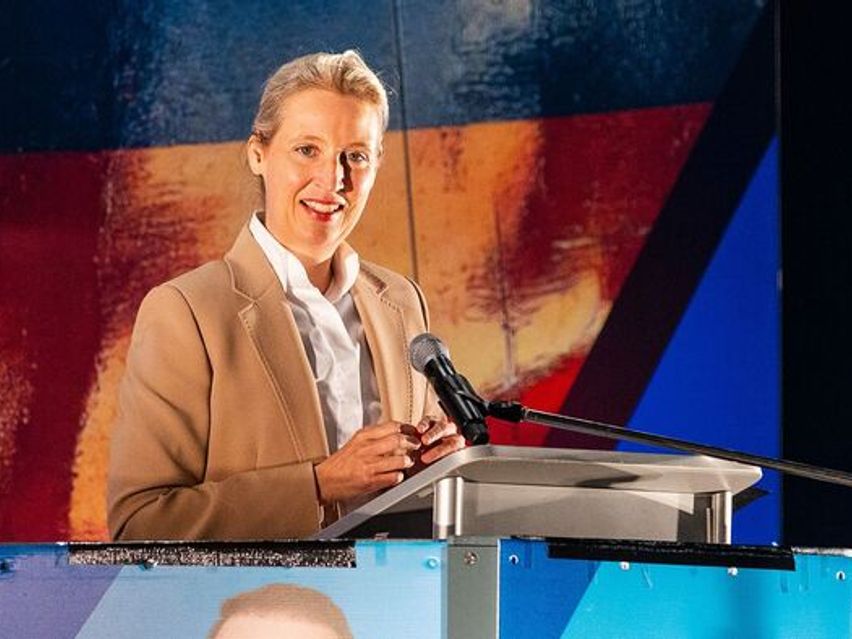

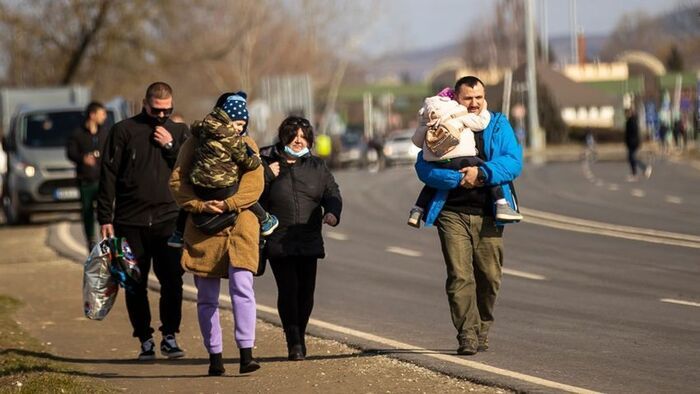



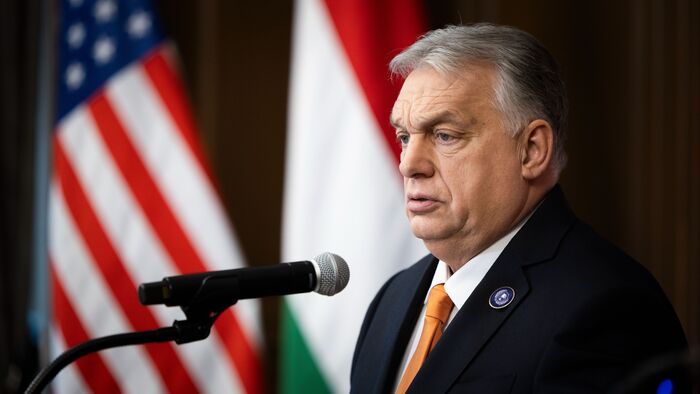
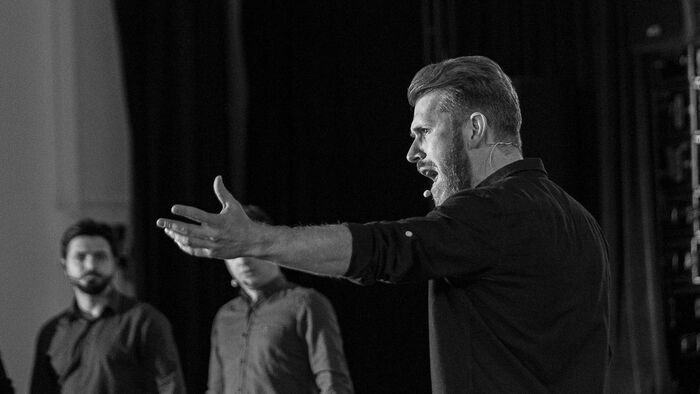
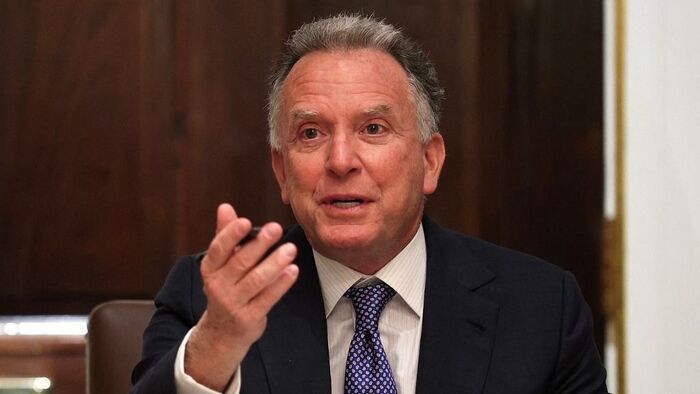
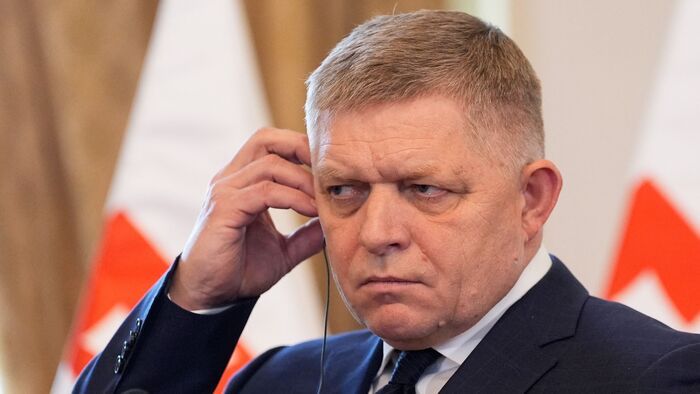
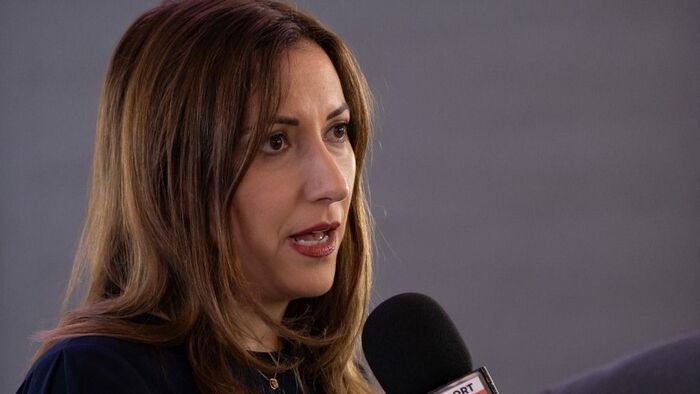


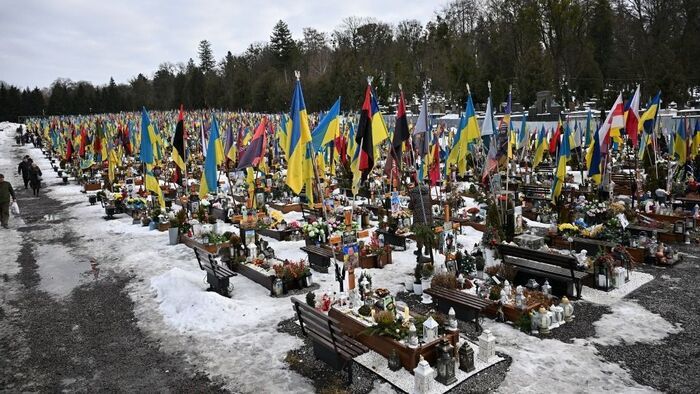
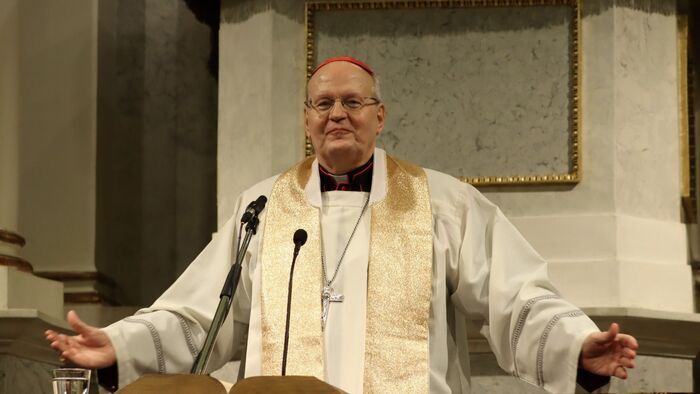

Szóljon hozzá!
Jelenleg csak a hozzászólások egy kis részét látja. Hozzászóláshoz és a további kommentek megtekintéséhez lépjen be, vagy regisztráljon!